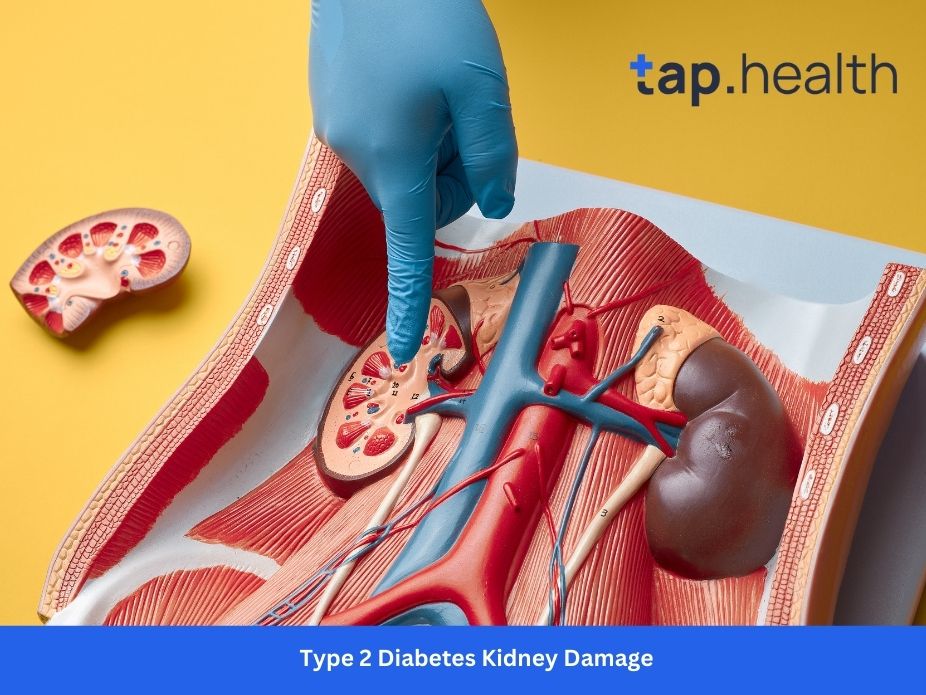Stomach acid is a cornerstone of the digestive process, performing critical tasks like breaking down food, absorbing nutrients, and protecting against harmful pathogens. Understanding its functions and maintaining a healthy balance of stomach acid are key to optimal digestive health and overall well-being. This article explores the role of stomach acid, its composition, production, and the importance of maintaining balanced levels, all in a concise question-and-answer format based on the latest insights.
What Is Stomach Acid and Its Composition?
What is stomach acid made of? Stomach acid, also called gastric acid, is primarily composed of hydrochloric acid (HCl), which makes up about 0.5% of its volume, along with other gastric secretions like pepsin, an enzyme that digests proteins. The acid creates a highly acidic environment with a pH between 1 and 3, essential for digestion and pathogen defense.
Why is hydrochloric acid important? Hydrochloric acid is highly corrosive, enabling it to break down food particles and create an environment where digestive enzymes like pepsin can function optimally. It also acts as a barrier, killing harmful bacteria and viruses ingested with food.
What role does pepsin play? Pepsin, activated by the acidic environment, breaks down proteins into smaller peptides, making them easier for the body to absorb in the small intestine.
How Is Stomach Acid Produced?
What triggers stomach acid production? The production of stomach acid is a complex process regulated by the body. Eating food sends signals to the brain, which releases the hormone gastrin. Gastrin stimulates parietal cells in the stomach lining to secrete hydrochloric acid, ensuring efficient digestion.
What factors affect acid production? Factors like stress, certain medications (e.g., proton pump inhibitors), and medical conditions such as autoimmune gastritis can disrupt stomach acid production. Imbalances may lead to conditions like acid reflux, indigestion, or nutrient malabsorption.
How does the body maintain acid balance? The body carefully regulates acid secretion to maintain an optimal pH for digestion. Disruptions in this balance, whether due to lifestyle or health issues, can cause hyperacidity (too much acid) or hypoacidity (too little acid).
What Are the Primary Functions of Stomach Acid?
How does stomach acid aid digestion? Stomach acid plays a pivotal role in digestion by breaking down food particles and activating enzymes like pepsin. It denatures proteins, making them more accessible for digestion and preparing nutrients for absorption in the small intestine.
How does stomach acid protect against pathogens? The highly acidic environment in the stomach acts as a first line of defense, neutralizing harmful bacteria, viruses, and other microorganisms ingested with food. This protects the digestive system and the body from infections.
Why is the acidic environment important? The low pH of stomach acid creates an inhospitable environment for pathogens while optimizing the activity of digestive enzymes, ensuring efficient nutrient breakdown and absorption.
How Does Stomach Acid Impact Nutrient Absorption?
Why is stomach acid crucial for nutrient absorption? Stomach acid facilitates the breakdown of complex molecules, enabling the body to absorb essential nutrients like proteins, vitamins, and minerals in the intestines.
How does it help absorb proteins? Proteins must be broken down into amino acids for absorption. Stomach acid denatures proteins, making them easier for pepsin to digest, which enhances absorption in the small intestine.
What role does it play in vitamin and mineral absorption? Stomach acid is vital for extracting vitamins like B12, which supports red blood cell production and nervous system health, and minerals like calcium, iron, and zinc. Without adequate acid, nutrient absorption may be compromised, leading to deficiencies.
What Happens When Stomach Acid Levels Are Imbalanced?
What is hyperacidity, and what causes it? Hyperacidity, or excessive stomach acid production, often leads to conditions like acid reflux or GERD. Causes include poor diet, obesity, smoking, stress, or medications. Symptoms include heartburn, regurgitation, and chest pain, which may lead to complications like ulcers if untreated.
What is hypoacidity, and what are its effects? Hypoacidity refers to low stomach acid levels, often caused by aging, stress, autoimmune conditions, or prolonged use of acid-suppressing medications. Symptoms include bloating, indigestion, nutrient malabsorption, and increased risk of gastrointestinal infections.
How can imbalances be diagnosed? Diagnosing acid imbalances may involve tests like the Heidelberg pH test or gastric analysis to measure acid levels. Symptoms of hyperacidity or hypoacidity often overlap with other digestive issues, so professional evaluation is crucial.
How Can You Maintain Healthy Stomach Acid Levels?
What dietary choices support healthy stomach acid? A balanced diet can help regulate stomach acid levels. Avoid excessive spicy or acidic foods (e.g., citrus or tomatoes) to prevent hyperacidity. Including fermented foods like yogurt or sauerkraut can promote beneficial gut bacteria, supporting digestion.
What lifestyle changes promote acid balance? Reducing stress through activities like meditation, quitting smoking, maintaining a healthy weight, and practicing portion control can minimize acid imbalances and reduce the risk of reflux or other digestive issues.
How does stress impact stomach acid? Chronic stress can disrupt gastrin release and acid production, leading to either hyperacidity or hypoacidity. Stress management techniques, such as yoga or deep breathing, can help maintain healthy acid levels.
Why Is Stomach Acid Balance Critical for Health?
How does stomach acid affect overall health? A balanced stomach acid level ensures proper digestion, nutrient absorption, and pathogen protection. Imbalances can lead to digestive disorders, nutrient deficiencies, or increased infection risk, impacting overall health.
What are the long-term risks of imbalances? Chronic hyperacidity may cause esophagitis, ulcers, or Barrett’s esophagus, a precancerous condition. Hypoacidity can lead to malabsorption, weakened immunity, and chronic digestive discomfort, highlighting the need for balance.
How can you prevent acid-related issues? Adopting a healthy diet, managing stress, avoiding smoking, and seeking medical advice for persistent symptoms can prevent acid-related complications and promote long-term digestive health.
Conclusion
Stomach acid is a vital component of the digestive system, playing essential roles in breaking down food, absorbing nutrients, and protecting against pathogens. Maintaining a healthy balance of stomach acid through mindful dietary and lifestyle choices is crucial for optimal digestion and overall well-being. By understanding its functions and addressing imbalances like hyperacidity or hypoacidity, you can support your digestive health and prevent long-term complications. Always consult a healthcare professional for personalized advice if you experience persistent digestive issues.



